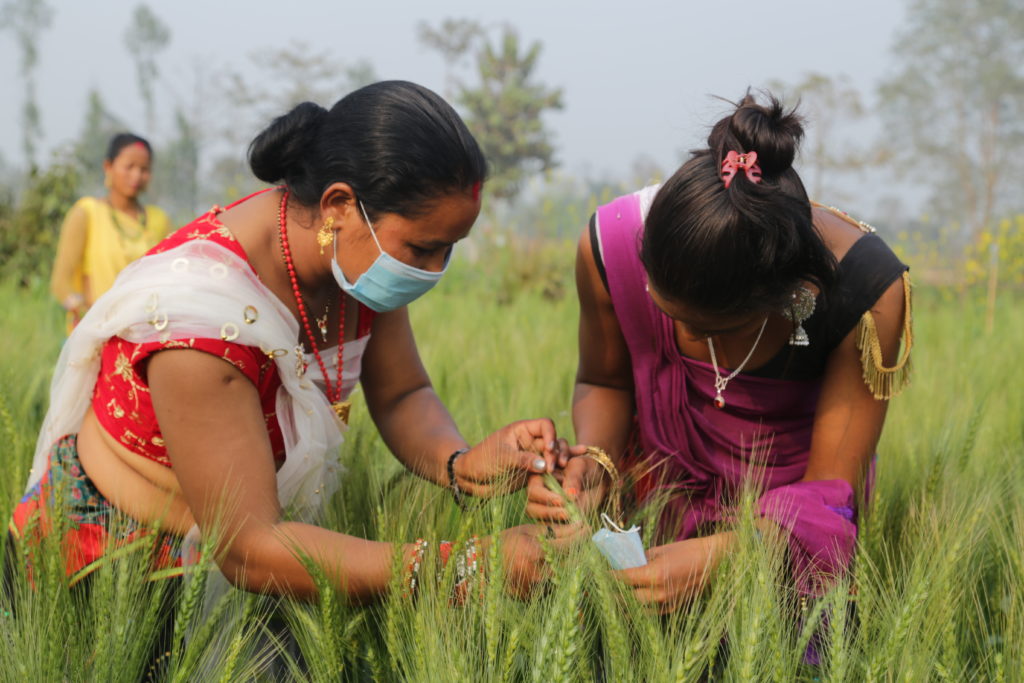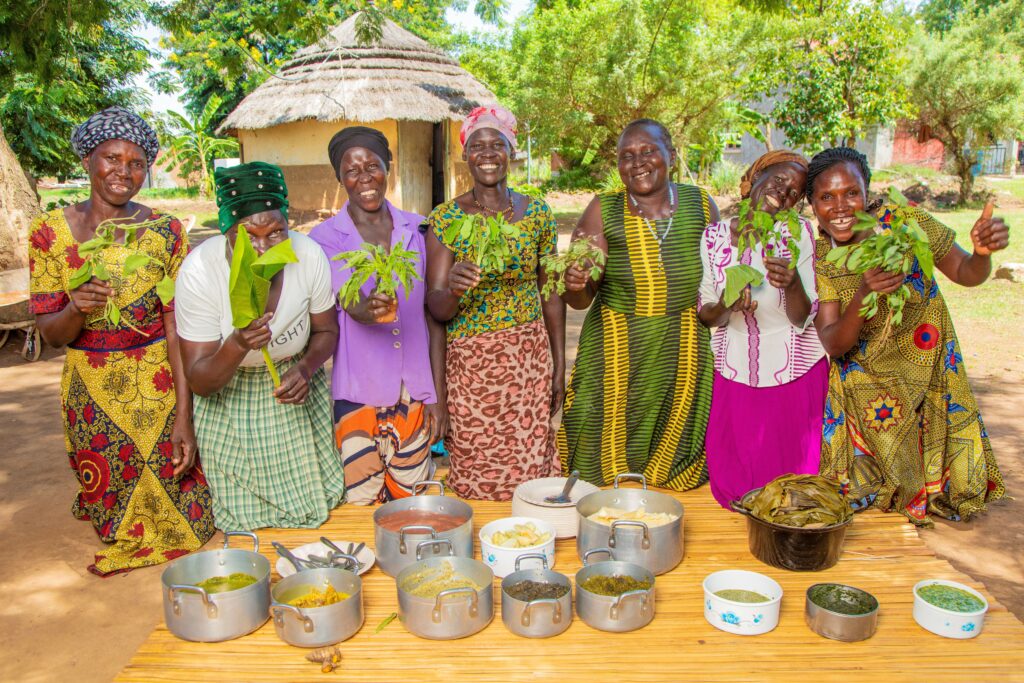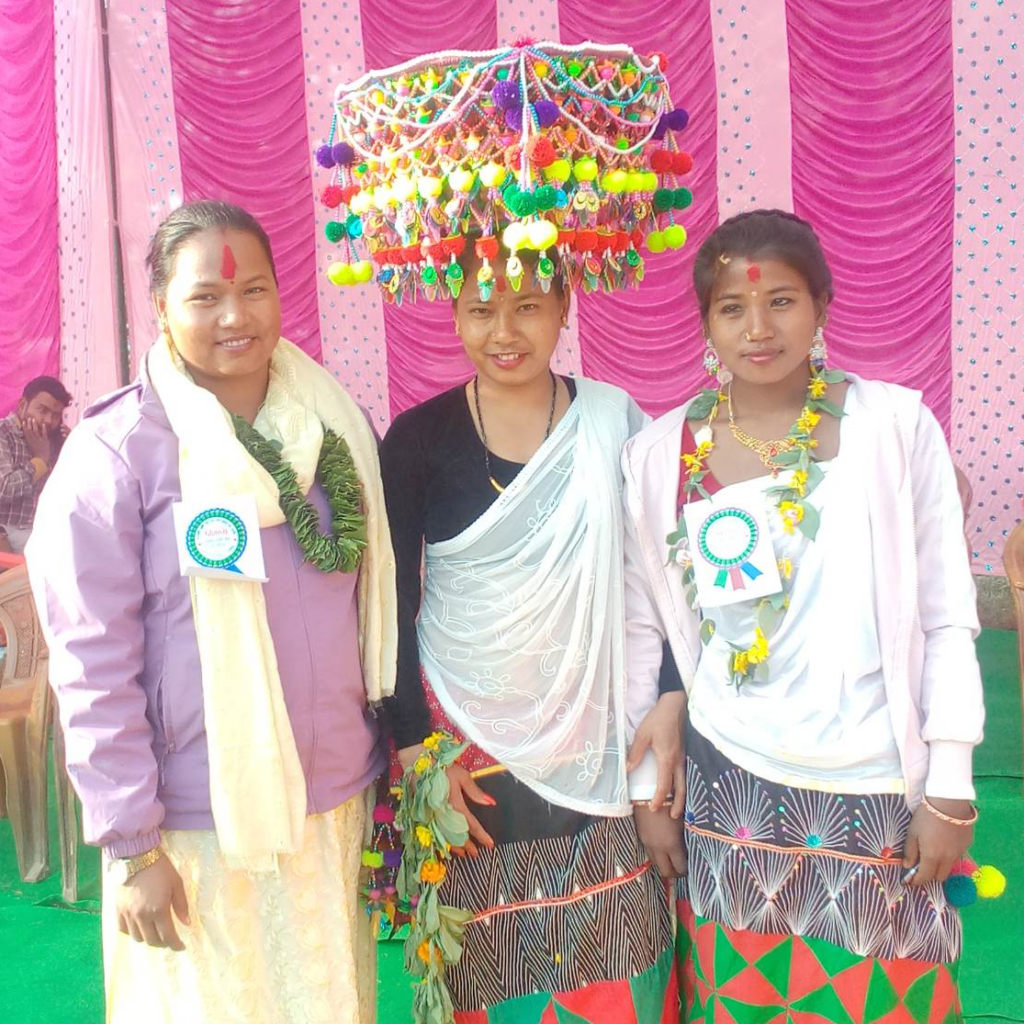By Jeko Manata
The tale of success in Matihwa village, situated within Chiredzi’s Chilonga area in the semi-arid southeastern region of Zimbabwe, revolves around the remarkable journey of Mr. Muzamani Lihinga. His collaboration with the Sowing Diversity equals Harvesting Security (SDHS) program in Zimbabwe has resulted the opportunity to increase the income for smallholder farmers by effectively preserving and utilizing a diverse array of crop varieties.
Upon recognizing the economic potential of a novel seed variety, SRD6, developed through a partnership between local farmers and government-affiliated Crop Breeders from the Crop Breeding Institute (CBI), Mr. Lihinga embarked on seed multiplication and distribution of SRD6, which is a popular sorghum variety within his community. Mr. Lihinga’s venture not only enriched his own income but also played a pivotal role in supplying high-quality seeds to fellow farmers in the area.
By selling SRD6 seeds he earned a total of USD 350, which was later invested in a small-scale irrigation facility. This consistent water supply allowed him to expand his farming activities beyond relying solely on rainfall. He diversified his crop production, cultivating cash crops such as wheat and maize year-round. Moreover, the irrigation infrastructure enabled him to venture into horticulture, growing valuable crops like tomatoes, peppers, and cucumbers.

Mr Lihinga and his wife standing in front of a small wheat crop in his garden
Through his seed enterprise, Mr. Lihinga didn’t just provide sorghum seeds but also educated other farmers about the significance of seed selection and conservation. He encouraged them to embrace the diverse range of available sorghum varieties emphasizing the role of sorghum to bolster resilience as well as to enhance food security in the region.
The success of Mr. Lihinga’s seed enterprise had a ripple effect throughout the community. Other farmers in Matihwa village and neighboring areas of Chilonga Community started adopting improved sorghum varieties and reaped similar benefits, including increased productivity and enhanced food security.
With the increased income from seed sales and agricultural produce, Mr. Lihinga aspires to further expand his operations. His vision involves scaling up his irrigation infrastructure including the cultivated land. He believes the expansion will create employment opportunities for the local community, particularly for the youth who often seek employment across the border in South Africa.
Like fellow farmers who joined the Farmer Field School (FFS) on Participatory Plant Breeding (PPB), Mr. Lihinga’s farming enterprise flourished through diversified cropping, resulting in improved yields, food and nutrition, and increased income. He has become a role model not only for his community but also for farmers beyond.
Mr. Muzamani Lihinga’s story exemplifies how the SDHS program has enabled farmers to adopt improved crop varieties, potentially transforming their lives. The dedication and commitment of farmers like Mr. Lihinga have not only benefited themselves but have also contributed significantly to the overall development and food security of the Chilonga area in Chiredzi district, Zimbabwe.









